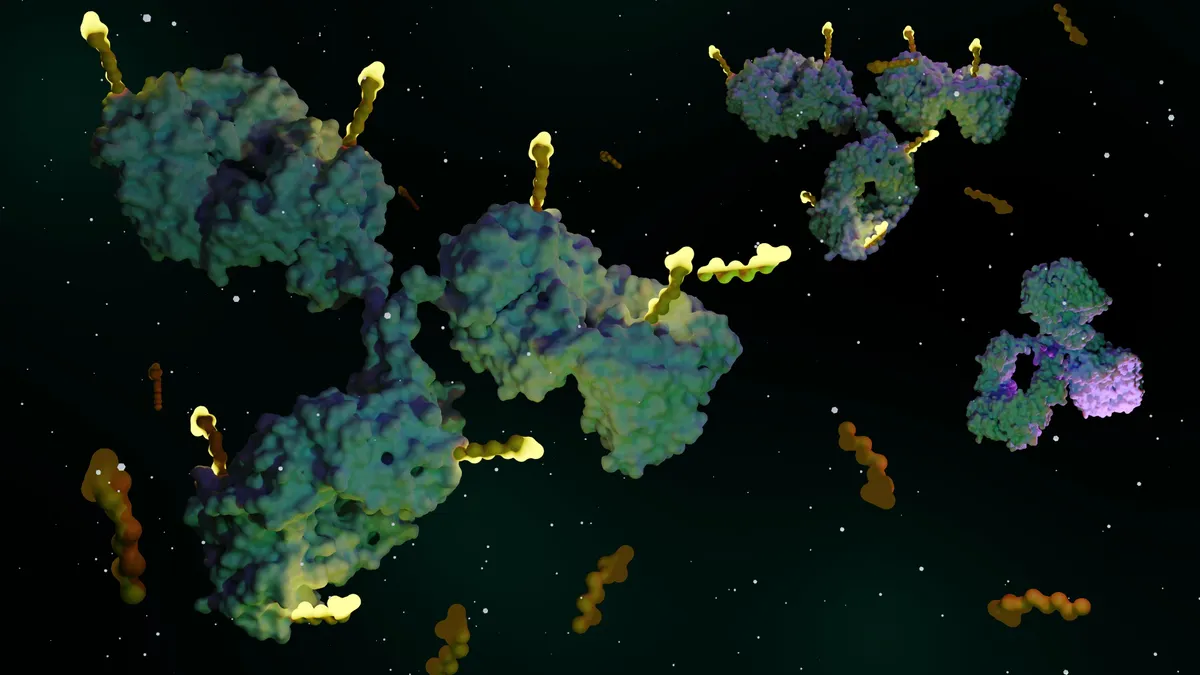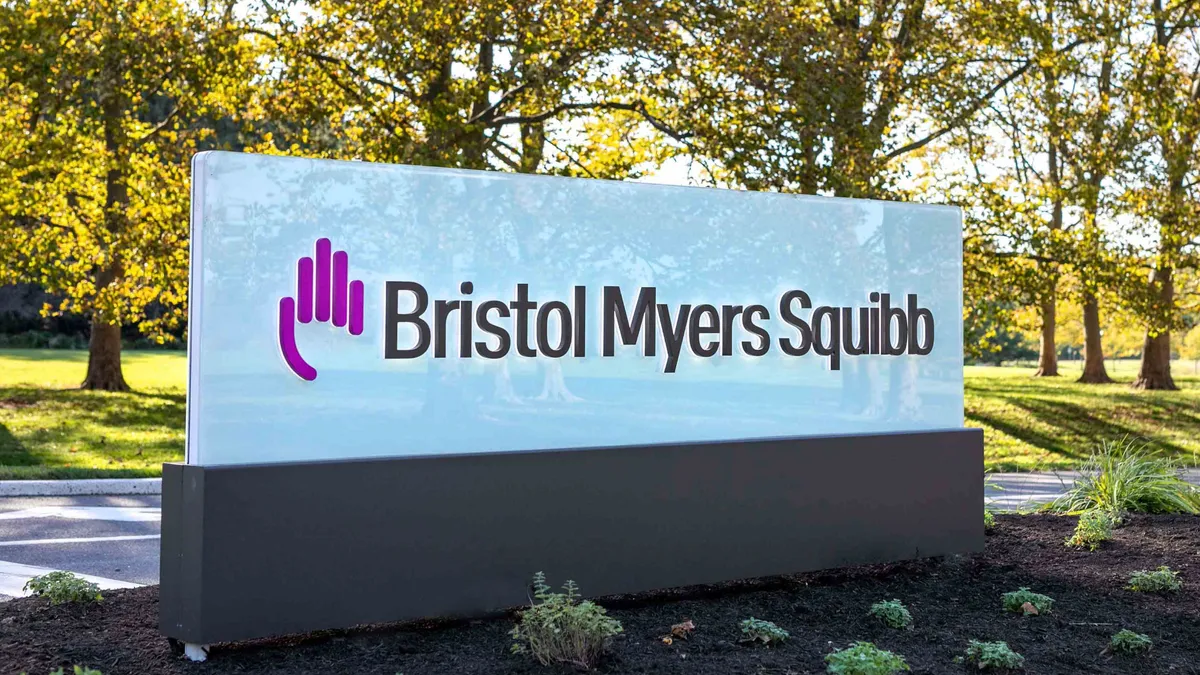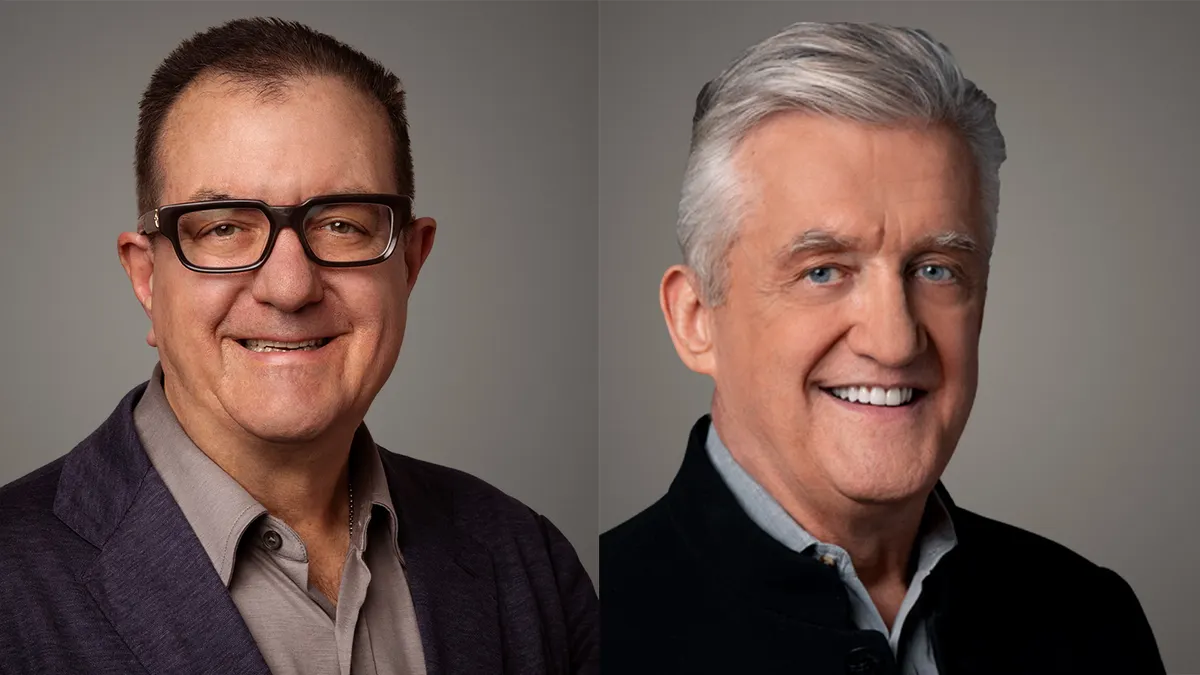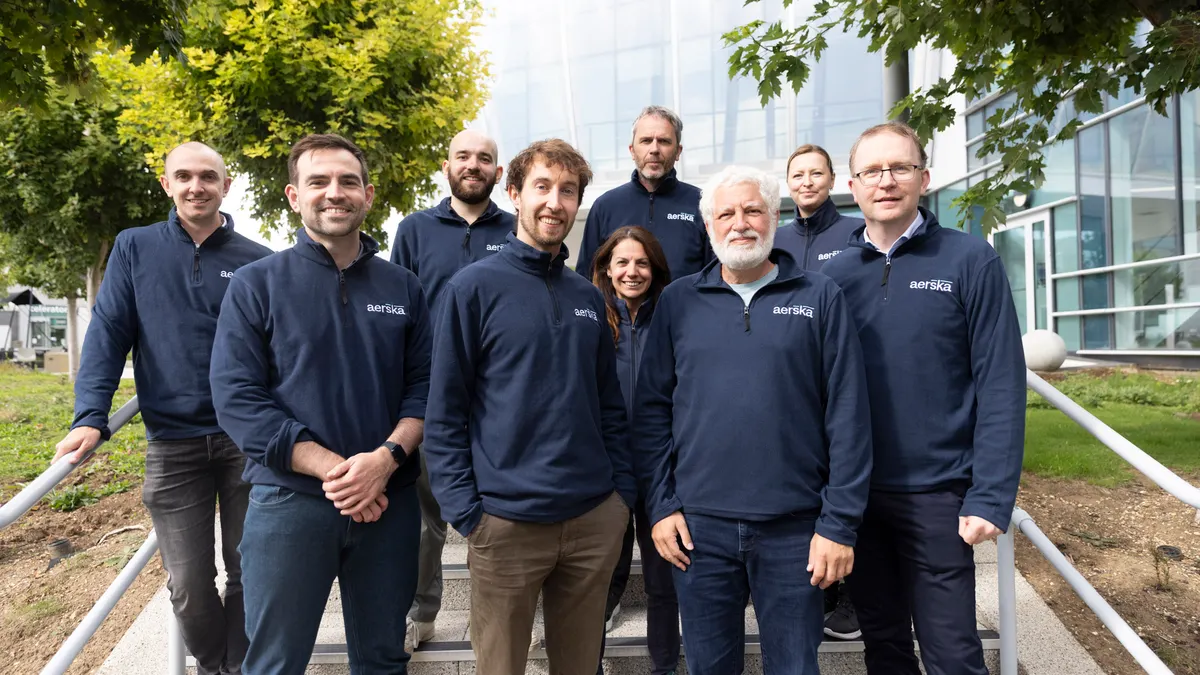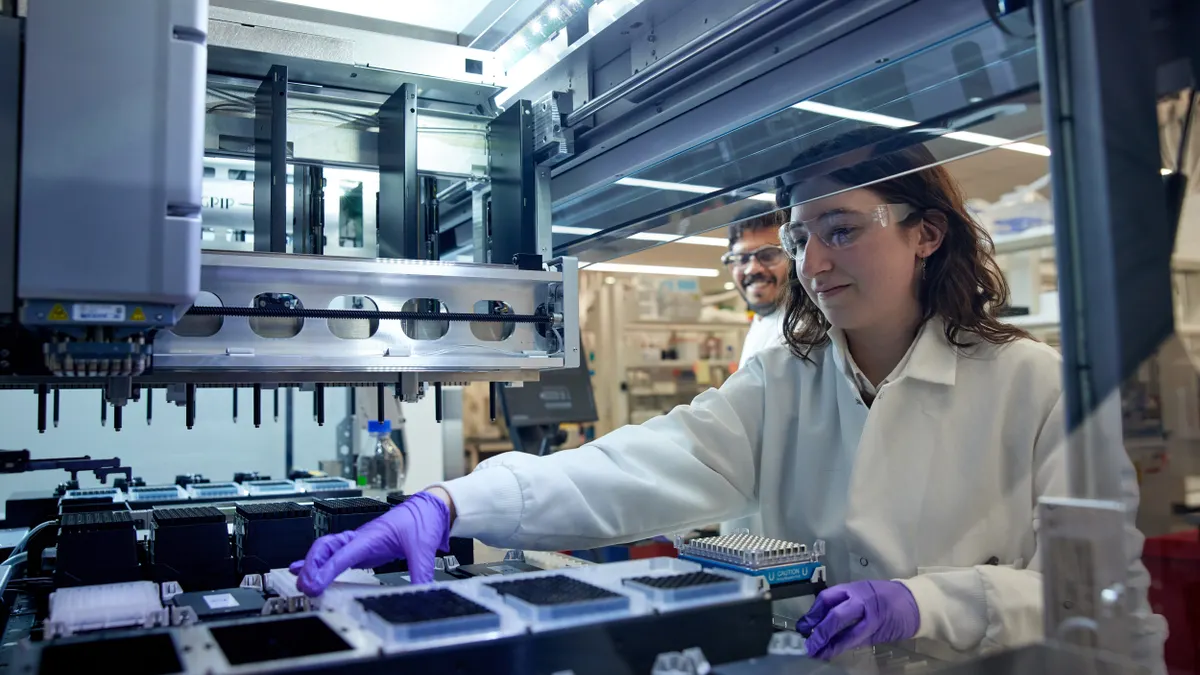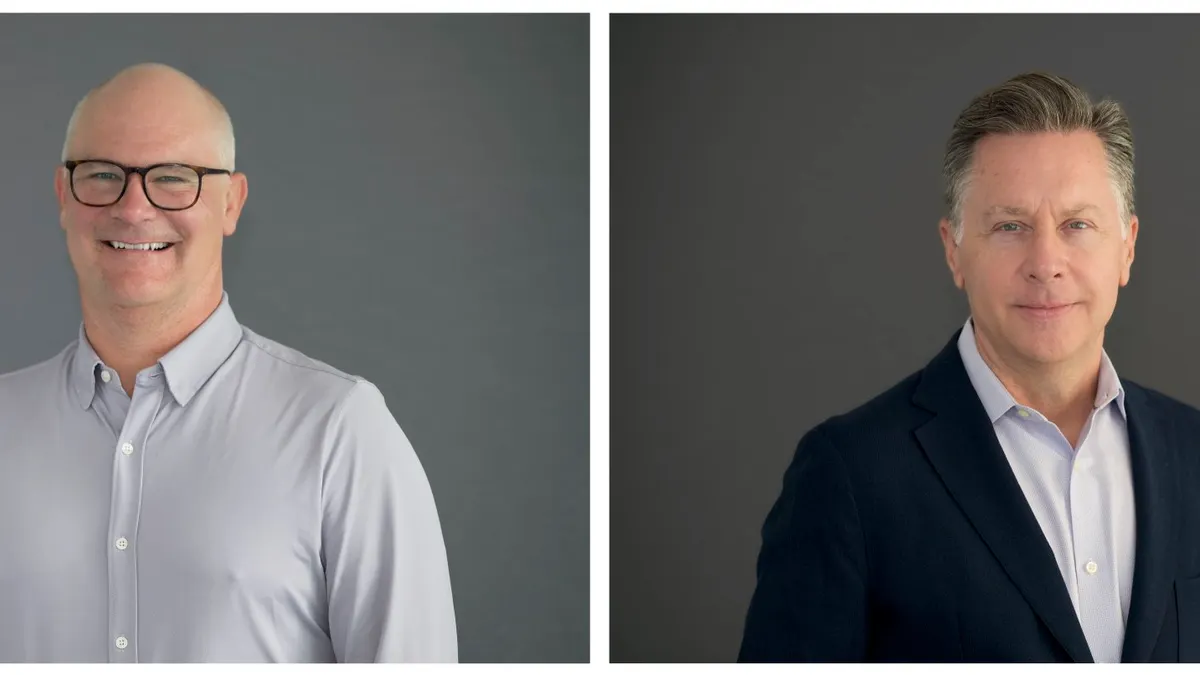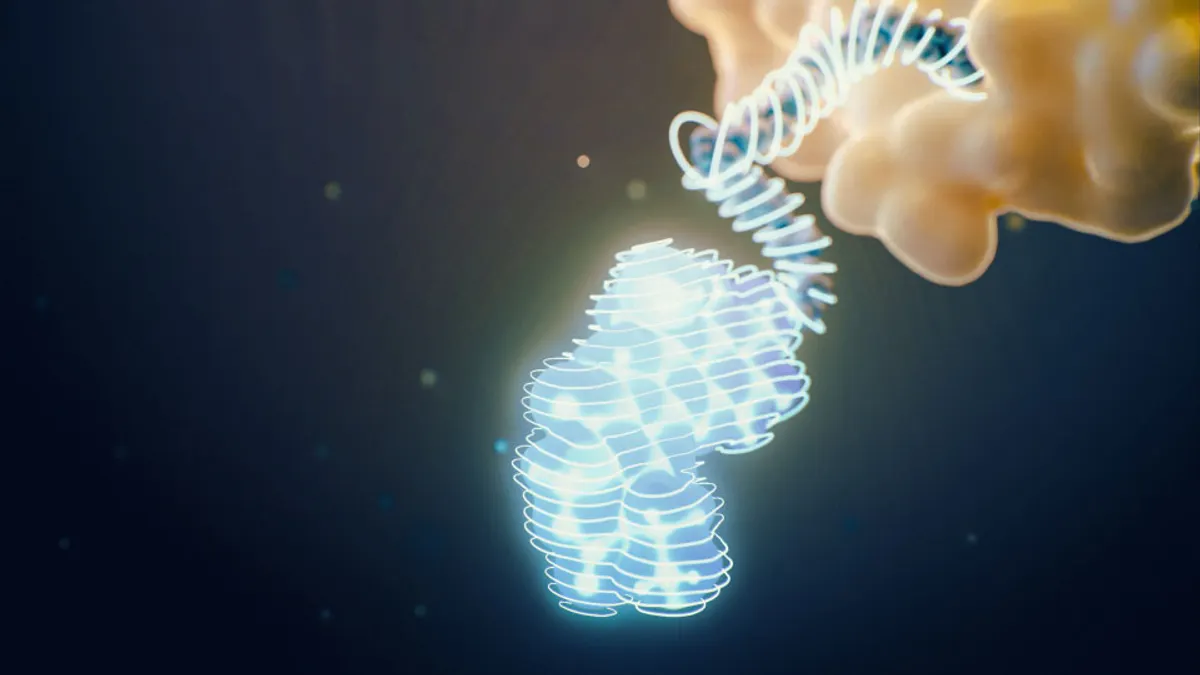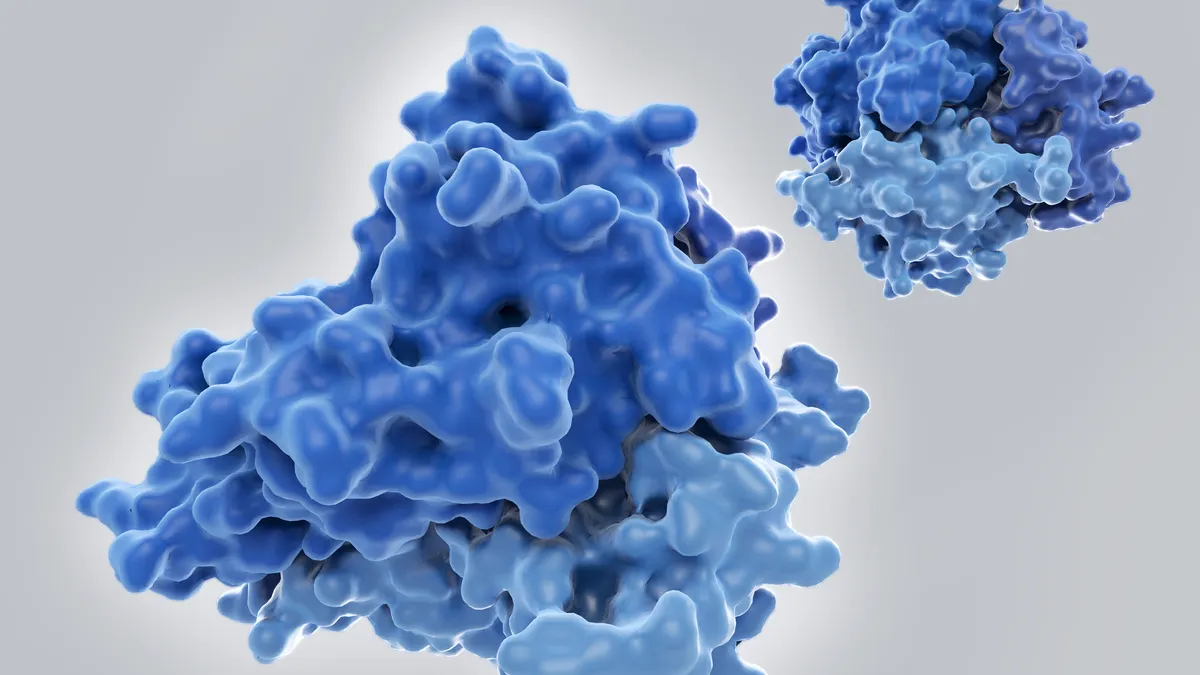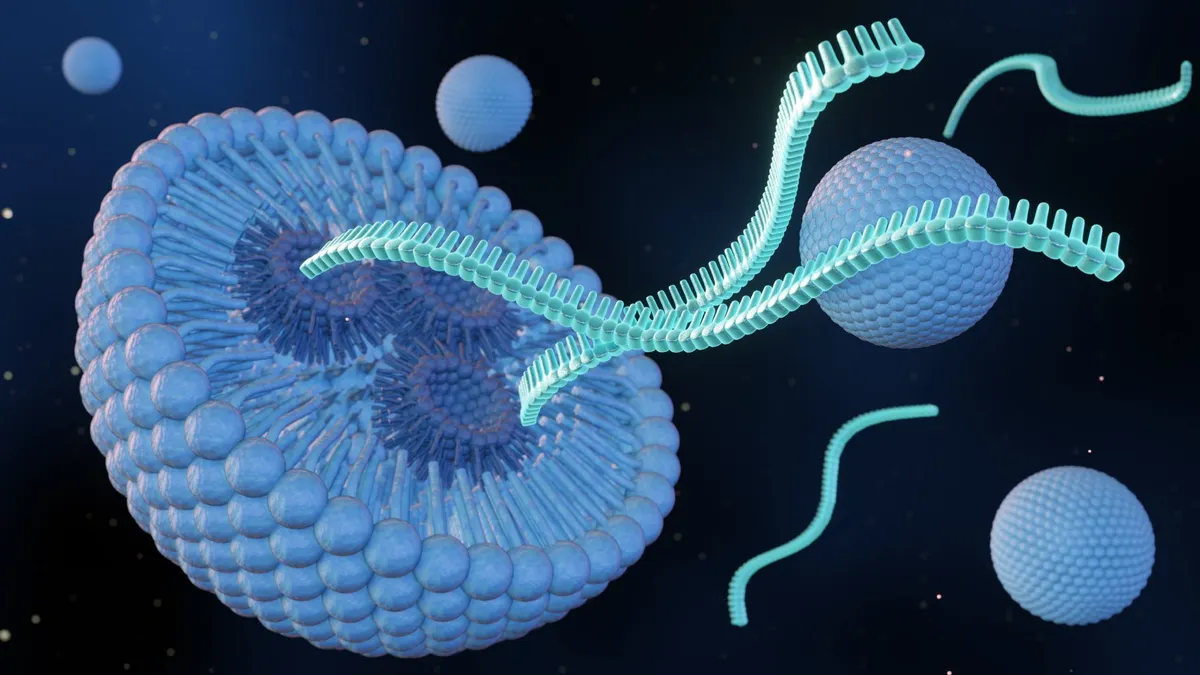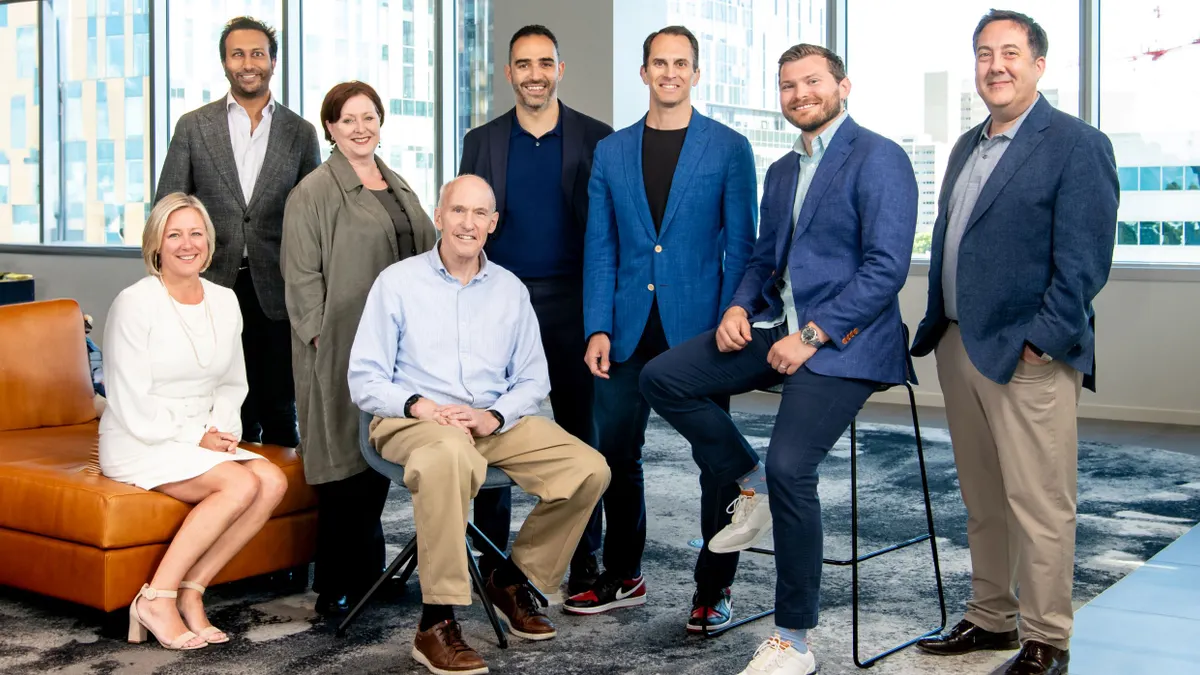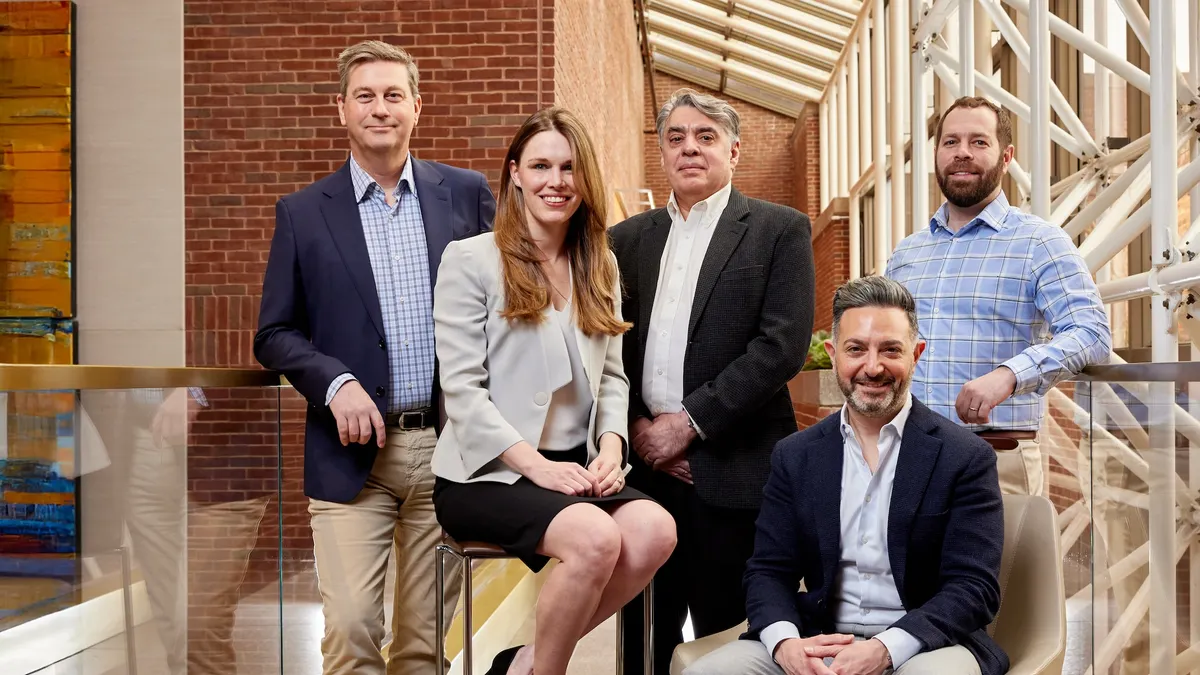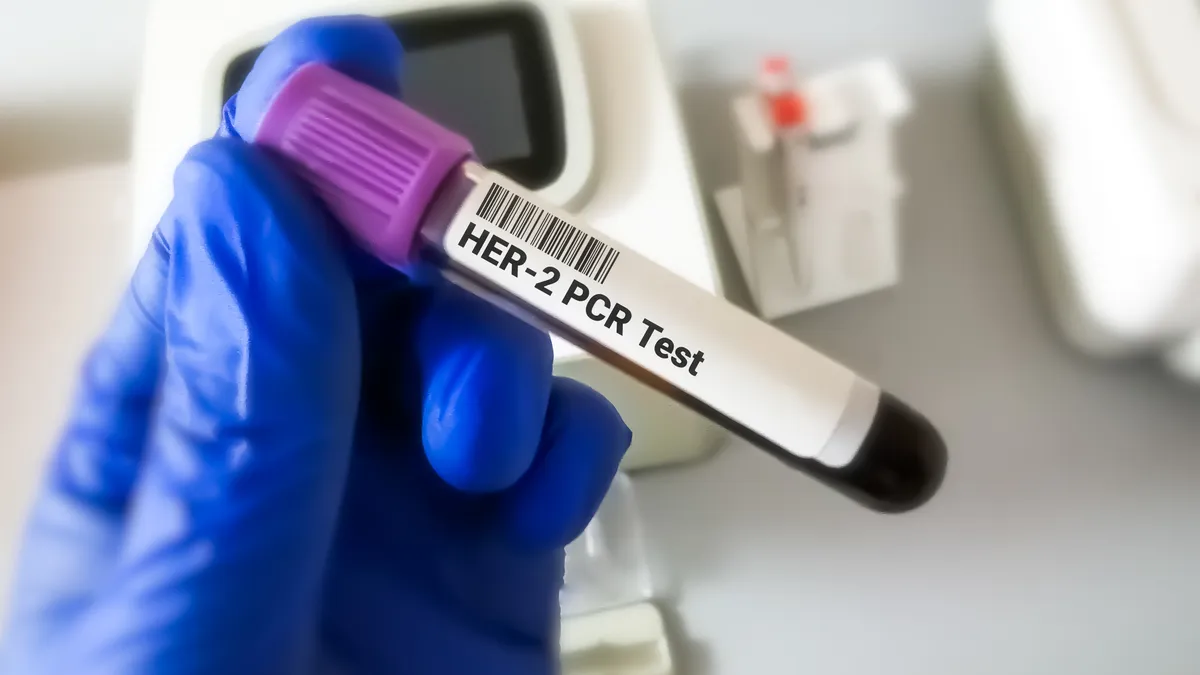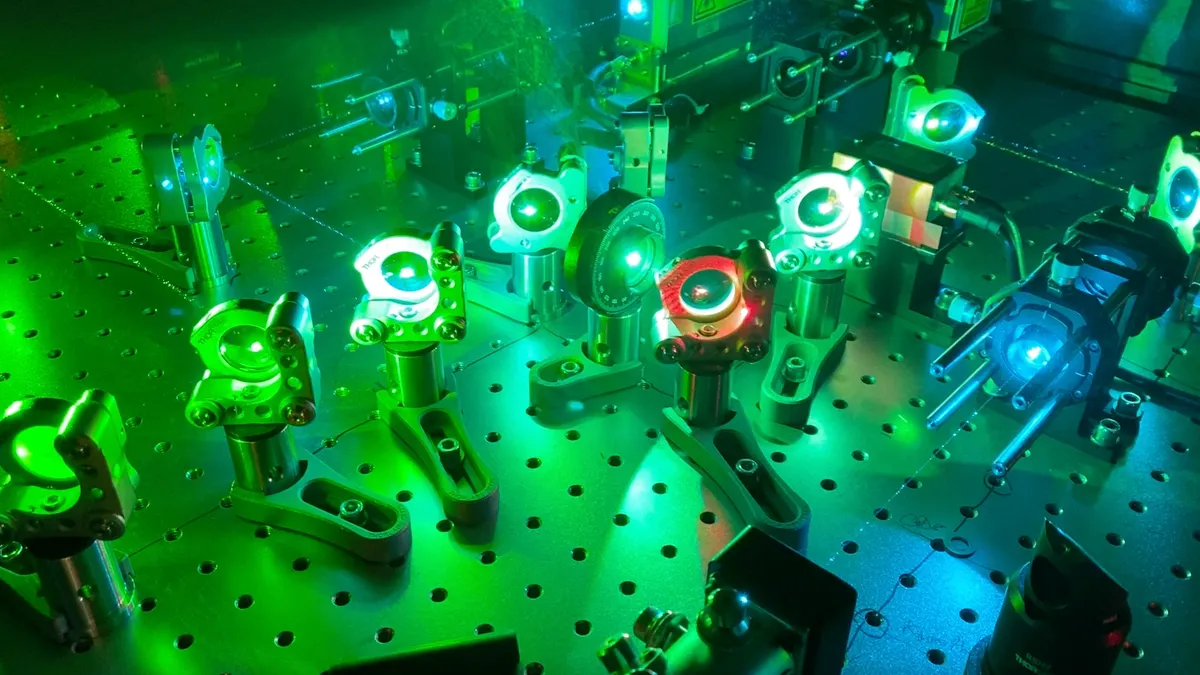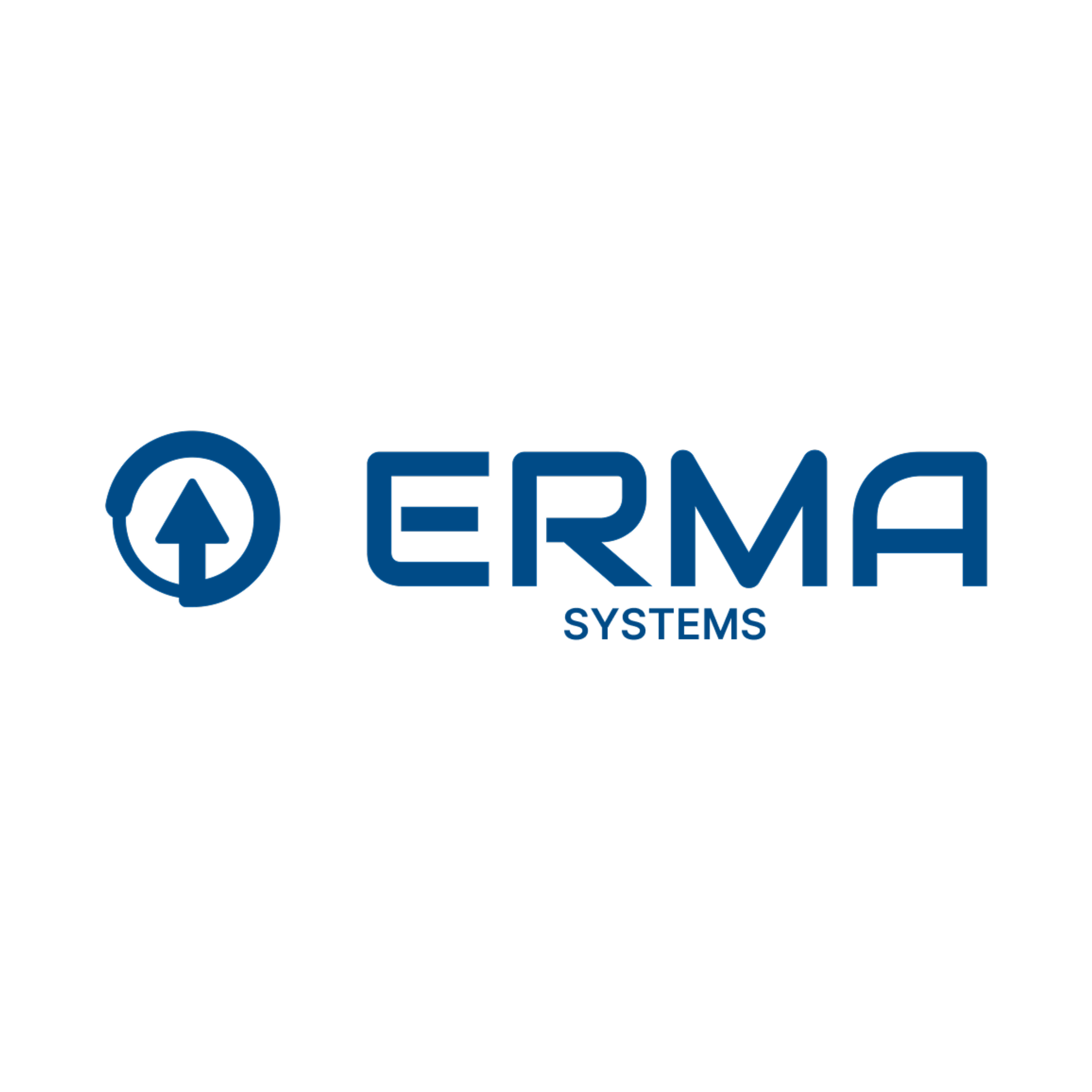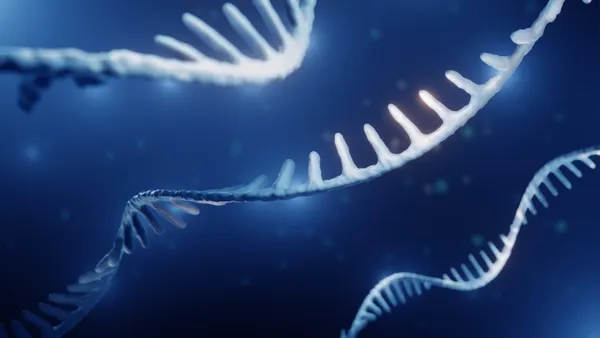Dive Brief:
- Neok Bio emerged from stealth on Tuesday with $75 million in Series A funding and plans to develop what it claims are “differentiated” antibody-drug conjugates, or ADCs, that can overcome the limitations of their predecessors.
- The company aims to develop a pipeline of “bispecific” ADCs that can simultaneously home in on what it says are “unique pairs” of cancer targets. One, codenamed Neok001, aims at B7-H3 and ROR1, two well-studied proteins involved in tumor growth. Another, Neok002, locks onto cells expressing EGFR and MUC1, two other known targets. Neok said both have shown the potential to demonstrate “enhanced efficacy and safety” over typical ADCs in a variety of tumor types.
- Neok’s principal investor is ABL Bio, a Korean antibody engineering specialist. The financing will help advance Neok’s two lead programs into human testing next year. Results from those studies are expected in 2027.
Dive Insight:
Antibody-drug conjugates, or ADCs, are essentially precision chemotherapy. By chemically linking a toxic payload to a targeting molecule, ADCs are meant to destroy cancer cells while sparing surrounding healthy tissue.
That promise has led to multiple approved medicines in recent years and, along the way, made ADCs a hot spot for research and investment. But the technology remains imperfect, giving startups with new twists on the approach the chance to stand out.
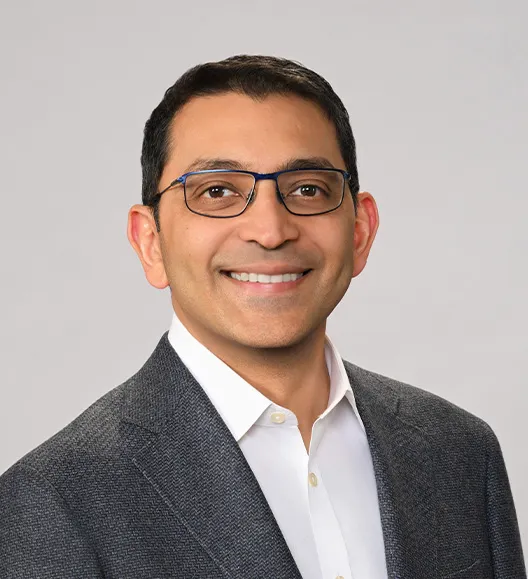
Mayank Gandhi, Neok’s CEO, noted how first-generation ADCs still have a limited “therapeutic window,” or range of doses that should be safe as well as effective enough. The “majority,” once injected, don’t even reach a tumor, an issue that blunts their effectiveness and causes side effects, he added.
Neok claims that its ADCs, which target two cancer proteins instead of one and involve a special kind of linker technology, can overcome those issues. These dual-targeting ADCs should be able to address a wider array of solid tumors and do so more precisely, according to Gandhi. “We feel like we'll be able to overcome these limitations and have more stable, homogeneous ADCs,” he said.
Many others are advancing bispecific ADCs too, among them large pharmaceutical companies like Pfizer and AstraZeneca. Neok is counting on the particular pairings of targets it’s selected, as well as the know-how of its principal backer, ABL Bio, to help it stand out. ABL Bio has brought multiple bispecific antibodies for cancer and neurological diseases into human testing, and has partnerships with firms such as GSK and Sanofi.
“There's a great track record, and this is where their expertise to fine-tune and create these bispecific antibody constructs is very helpful,” Gandhi said.
The company’s ADCs also use a linker technology that’s become popular among biotech companies. That technology was developed by Synaffix, which was acquired by Lonza in 2023, and has been licensed to several biotechs, including Neok.
“It's getting established as one of the top-tier linker payload platforms from a manufacturing standpoint,” Gandhi said.
Neok didn’t specify which tumors it’ll go after first, but Gandhi indicated the company “should be able to effectively target many indications with like large unmet needs,” such as thoracic, gastrointestinal and gynecological tumors.
“We are very excited to build and use this capital to grow in the U.S. and establish the company and show the differentiated nature of the programs,” Gandhi said.



